Do you need to focus on your mindset to create the success you imagine and live a more fulfilling life? This list of the 10 best positive mindset books books will support you on your journey.

The Best Books For Positive Mindset
Regardless of the book that helps bring more positive mindset to your life you end up choosing, remember that in order to see results, it’s important not to skip taking action on any concept, advice, or framework.
Before we start, I just need to briefly mention that having a more ‘positive’ mindset isn’t about avoiding negative thoughts and uncomfortable feelings.
Quite the contrary, it’s about reframing and integrating the ‘good’ and the ‘bad’ in life.
And since we’ve cleared that out we can begin with the best books for a positive mindset or as many say positive thinking immediately!
This post has affiliate links which means that we make a commission from qualifying purchases at no additional cost to you. For more information read our Affiliate disclosure.
Note: Although I am a Clinical Social Worker, engaging with this website does not establish a professional social worker-client relationship. The information provided here is for general purposes only and should not be considered professional advice. While we strive to ensure accuracy and reliability, this content is not a substitute for professional guidance. For specific concerns, issues, or situations, it is essential to consult a qualified professional and present your situation. Read the full Disclaimer here.
THE BEST POSITIVE MINDSET BOOKS

#1 Mindset: The New Psychology of Success by Carol Dweck
“Mindset: The New Psychology of Success” by Carol S. Dweck features the idea of having a growth mindset, which is the belief that our abilities and intelligence can be developed through effort and learning.
The author, Carol Dweck, is a renowned psychologist who introduced the world to “growth mindset” wrote this million-copy bestseller—featuring transformative into redefining success, building lifelong resilience, and supercharging self-improvement.
One of the key ideas in the book is that people’s beliefs about their own abilities and potential can have a significant impact on their success and achievement.
So people who have a fixed mindset believe that their abilities are fixed and cannot be changed, and as a result, they may be less likely to take on challenges and more likely to give up when faced with setbacks.
On the other hand, people with a growth mindset believe that they can improve and develop their abilities through effort and learning, and they are more likely to embrace challenges and persevere in the face of setbacks.
For example, she discusses how students with a fixed mindset may be more likely to avoid challenging tasks or to cheat in order to maintain the appearance of being “smart,” while students with a growth mindset are more likely to embrace challenges and persevere when faced with difficulties.
My other Posts Featuring Books About Mental Health And Mental Growth:
#2 The Magic of Thinking Big by David J. Schwartz
The Magic of Thinking Big” by David J. Schwartz offers insights and strategies for developing a positive mindset and achieving success.
The author argues that success is not only about talent or intelligence, but also about the way people think and approach life. Moreover, he argues that you don’t need to be a genius or have any natural talents to achieve success and happiness, but rather, you need to learn and adopt certain habits and ways of thinking.
And he offers practical tips and strategies for developing a “big” mindset, such as setting high goals, taking calculated risks, and cultivating a positive attitude.
The book is divided into several chapters, each covering a different aspect of thinking big. The author provides practical advice on how to overcome common obstacles such as fear, procrastination, and negative thinking.
One of the key themes of the book is the importance of setting high goals. The author argues that people tend to achieve what they expect to achieve, so it’s important to aim high and believe in oneself.
He also emphasizes the importance of taking action and not letting fear or self-doubt hold you back. He encourages readers to take calculated risks and to learn from their mistakes.
Another important theme of the book is the power of a positive attitude. The author argues that the way we think about ourselves and our circumstances has a huge impact on our success and happiness.
He encourages readers to cultivate a positive mindset and to focus on the things they can control.
Whether you’re looking to advance your career, start a business, or simply live a more fulfilling life, this book is a great resource for anyone looking to develop a bigger mindset.
You may want to read also:
- 3 MAJOR BENEFITS OF POSITIVE MINDSET BOOKS THAT WILL EXCEED YOUR EXPECTATIONS
- THE BEST BOOKS FOR SELF-LOVE AND HEALING (15) FOR UNLEASHING SELF-LOVE
- THE BEST BOOKS FOR MENTAL GROWTH (17) TO NOURISH YOUR MIND
- 7 GOOD BOOKS TO READ FOR MENTAL PEACE
- 10 MENTAL TOUGHNESS BOOKS FOR A TRANSFORMATIVE MINDSET MAKEOVER
- 11 BOOKS ON HEALING YOURSELF THAT SPEAK WELL-BEING ON EVERY PAGE
- THE BEST 12 BOOKS ON INNER PEACE AND HAPPINESS FOR SOUL NURTURE
- MOST POPULAR MENTAL HEALTH BOOKS (12) TO CHECK OUT TODAY
- 11 BOOKS ABOUT GRIT AND RESILIENCE AND MENTAL HEALTH YOU SHOULD KNOW OF
- TOP 10 BOOKS ON MENTAL HEALTH (INDULGE IN LITERARY THERAPY)
- 9 MUST READ BOOKS FOR INNER PEACE TO FINALLY FIND YOUR ZEN
- TOP 10 BOOKS FOR PEACE OF MIND (END YOUR SEARCH FOR STILLNESS)
- 11 SELF-LOVE POETRY BOOKS: LOVE, LINE BY LINE THROUGH POETIC PROSE
#3 The Road Less Traveled by M. Scott Peck
“The Road Less Traveled” by M. Scott Peck offers insights and strategies for personal growth and spiritual development, and encourages a positive mindset towards personal responsibility and self-improvement. It had a profound impact on many readers since its initial publication in 1978.
Peck argues that true personal growth requires the courage to face the challenges of life, and that this process involves accepting responsibility for one’s own thoughts and actions, embracing the complexity and mystery of life, and cultivating a sense of discipline and self-awareness.
Peck draws on insights from psychology, religion, and philosophy to illustrate his points, and uses examples from his own life and practice as a psychiatrist to demonstrate how these ideas can be applied in everyday life.
The book is divided into four parts, each of which explores a different aspect of personal growth and spiritual development.
- Part One emphasizes the importance of discipline and self-awareness in the pursuit of personal growth and self-discipline as essential for achieving success in life that requires the courage to face difficult challenges and take responsibility for one’s own thoughts and actions.
- Part Two examines the nature of love and the challenges of forming and maintaining healthy relationships, focusing on the importance of honesty, trust, and mutual respect in relationships, and offers practical advice on how to overcome common obstacles in this area.
- Part Three is focused of religion and spirituality, and how it can play an important role in personal growth and development. It emphasizes the importance of embracing mystery and uncertainty in life, and encourages readers to wonder about the complexity of the world.
- Part Four offers practical advice on how to apply the ideas presented in the book to everyday life, invites us to develop a daily practice of self-reflection and self-improvement, and offers suggestions for how to overcome common obstacles such as procrastination.
This is a timless classic that challenges readers to question their assumptions about themselves and the world, that has helped millions of readers find meaning and purpose in their lives so it can probably help you as well.
#4 The Happiness Advantage by Shawn Achor
“The Happiness Advantage” by Shawn Achor explores the connection between happiness and success, and how a positive mindset can improve your overall well-being.
Achor argues that many people believe success leads to happiness, when in fact, it is the other way around – happiness leads to success.
Our brains become more engaged, creative, motivated, energetic, resilient, and productive at work when we are more positive.
He draws on research from the fields of positive psychology and neuroscience to explain how a positive mindset can improve our performance, increase our resilience, and enhance our relationships.
Achor offers practical strategies for cultivating happiness, including gratitude exercises, positive visualization, and acts of kindness, and shows how these practices can lead to greater success and fulfillment in all areas of life.
The book is written in a clear and engaging style, and is suitable for anyone looking to improve their happiness and well-being.
#5 Ultimate Confidence: The Secrets to Feeling Great About Yourself Every Day by Marisa Peer
Peer argues that many people struggle with self-doubt and negative self-talk, which can hold them back in all areas of life.
Another important theme of the book is the role that childhood experiences can play in shaping our self-image. Peer argues that many people carry negative beliefs and thought patterns from childhood, and that these can have a profound impact on their adult lives.
She offers advice on how to identify and overcome these limiting beliefs, and offers practical exercises to help readers transform their self-image.
One of the key themes of the book is the importance of self-acceptance and self-love. Peer emphasizes that it is essential to embrace all aspects of oneself, including one’s flaws and imperfections. She argues that self-acceptance is a necessary precondition for self-improvement, and offers practical advice on how to cultivate this quality.
She emphasizes the importance of taking action and making concrete changes in one’s life, rather than simply relying on positive thinking.
It is suitable for anyone looking to overcome their self-doubt and improve their overall well-being. Many people have thanked Marisa because her programs and books helped them rebuild their lives and find success in all areas of life.

YOU MAY ALSO LIKE:
#6 The Wisdom of Insecurity: A Message for an Age of Anxiety by Alan W. Watts
The Wisdom of Insecurity: A Message for an Age of Anxiety” by Alan W. Watts explores the insecurity and the search for security in modern society, offering insights on how to cultivate a positive mindset in the face of uncertainty.
It’s a philosophical book that explores how the obsession with security and the future is a major source of anxiety, and that the key to finding peace and happiness lies in embracing the present moment.
Its author suggests that our constant striving for material success and personal achievement only leads to more anxiety and dissatisfaction, and that true happiness can only be found by letting go of our attachment to external outcomes and focusing on the present moment.
Watts draws on insights from Eastern philosophy, particularly Zen Buddhism, to illustrate his points, and offers practical advice on how to cultivate mindfulness and live in the moment.
It is a thought-provoking book because it challenges our need for security and makes us question our assumptions about happiness and security, and to embrace the uncertainty and impermanence of life.
This is a good idea because if we never integrate insecurity then we’ll be too hesitant to take risks, experiment, and go against the norm.
#7 The Four Agreements by Don Miguel Ruiz
In “The Four Agreements,” Ruiz argues that personal freedom is the ability to live a life that is authentic and true to oneself.
He explains that this requires letting go of limiting beliefs and agreements that hold us back, and embracing a new set of agreements that are more empowering and freeing.
The book is organized around four core agreements that Ruiz argues are essential for achieving personal freedom.
- The first agreement, “be impeccable with your word,” helps us build trust and respect in our relationships, and we can create a positive and supportive environment for ourselves and others.
- The second agreement, “don’t take anything personally,” reminds us that other people’s actions and words are a reflection of their own reality, and not a personal attack on us, so by letting go of the need to take things personally, we can free ourselves from the emotional turmoil that can come from feeling attacked or misunderstood.
- The third agreement, “don’t make assumptions,” encourages us to communicate clearly and openly with others, and to seek to understand their perspective rather than jumping to conclusions.
- The fourth agreement, “always do your best,” reminds us to set high standards for ourselves and to strive to give our best effort in all that we do in order to achieve greater success and fulfillment in life.
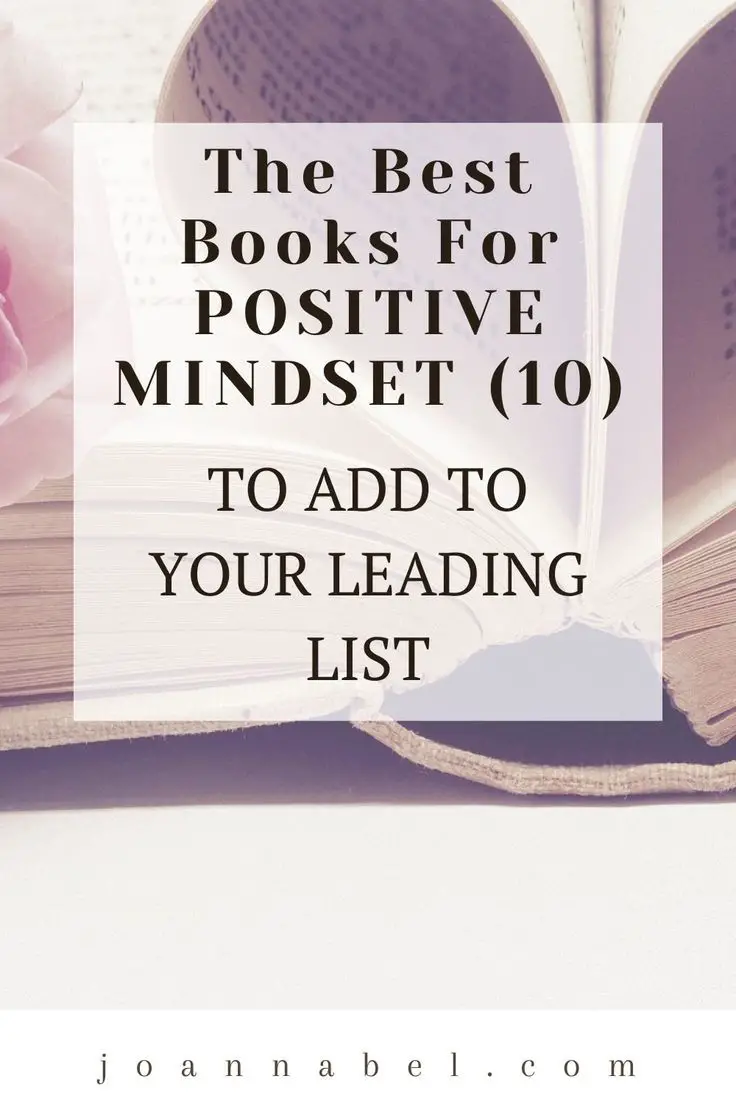
#8 The Upside of Stress: Why Stress Is Good for You, and How to Get Good at It by Kelly McGonigal, Ph.D.
The Upside of Stress: Why Stress Is Good for You, and How to Get Good at It” by Kelly McGonigal, Ph.D. – challenges the common modern belief that stress is always bad for you and harmful and offers strategies for using stress as a tool for personal growth and resilience.
The author argues that stress can be beneficial, and that we can learn to use it to our advantage, which is why we should embrace it as a natural part of life and to use it as a source of motivation and growth, rather than something to be avoided or feared.
This brings a more positive mindset that allows us to thrive even in the face of adversity.
McGonigal draws on scientific research and personal anecdotes to explain how stress can help us grow stronger, more resilient, and more socially connected.
She also provides practical tools and exercises to help readers transform their relationship with stress, including mindfulness techniques, cognitive reframing, and physical activity.
The book is divided into three parts:
- In the first part, McGonigal explores the latest scientific research on stress and its effects on the body and mind. She explains how stress can be beneficial in small doses, as it can enhance our cognitive function, boost our immune system, and improve our ability to connect with others. As opposed to chronic stress that’s harmful.
- In the second part of the book, McGonigal provides practical tools and exercises to help readers transform their relationship with stress. She introduces the concept of “mindset interventions,” which involve changing the way we think about stress.
- The third part of the book focuses on how we can use stress to build resilience and achieve our goals. McGonigal shares stories of people who have overcome adversity and used stress to their advantage.
#9 The One Thing: The Surprisingly Simple Truth Behind Extraordinary Results” by Gary Keller and Jay Papasan
The One Thing: The Surprisingly Simple Truth Behind Extraordinary Results” by Gary Keller and Jay Papasan helps readers focus on their priorities and take action towards their goals, leading to a more positive and productive life.
The book provides a simple and effective framework for achieving extraordinary results. The authors argue that success is not about doing many things at once, but about focusing on one thing at a time.
It’s divided into several parts, each covering a different aspect of the One Thing philosophy and provides you with practical tips and exercises for identifying their One Thing and staying focused on it.
The authors also mention how to overcome the obstacles that can get in the way of achieving our One Thing, explain how to manage our time and energy more effectively, and how to prioritize our tasks in order to stay focused on what really matters.
The goal is to get you to achieve more with less effort.
#10 Atomic Habits: An Easy & Proven Way to Build Good Habits & Break Bad Ones” by James Clear
Atomic Habits: An Easy & Proven Way to Build Good Habits & Break Bad Ones by James Clear gives practical advice on how to develop positive habits that can lead to personal and professional success.
The author argues that the key to long-term success and wellbeing is to make small, incremental changes in our daily habits.
Because by focusing on these small changes, we can create a compounding effect that leads to significant improvements in our lives.
The book is divided into several parts, each covering a different aspect of habit formation.
The author explains how habits work and why they are so powerful and then provides readers with a simple four-step process for building better habits.
The book also informs you how to break bad habits by identifying the cues, cravings, and rewards that drive them. He explains how to use the same four-step process to create new, healthier habits that replace the old ones.
Atomic Habits can help you achieve lasting changes in your life.
Recommended Resources For You:
Latest Posts:
- Special Gifts to Let Someone Know You’re Thinking of Them (13)

- 100 Ways to Challenge Yourself (Without Stretching Yourself Too Thin)

- What To Do When Your Parent Struggles With Alcohol

- How To Navigate Moving to a New Home With Your Kids

- Prenups for Young Couples (A Modern Approach)

- What Happens When You Sign A Prenup (Relationship-Wise + Legally)

RELATED:
FINAL THOUGHTS ON THE BEST BOOKS FOR POSITIVE MINDSET
I hope you found these recommendations for the best books on positive mindset helpful.
Choose one or more of them to make your mindset work for you and not against you by overruling you.
Share the post with others who you know will benefit from it.
And I’ll see you in my next post! Here is one:

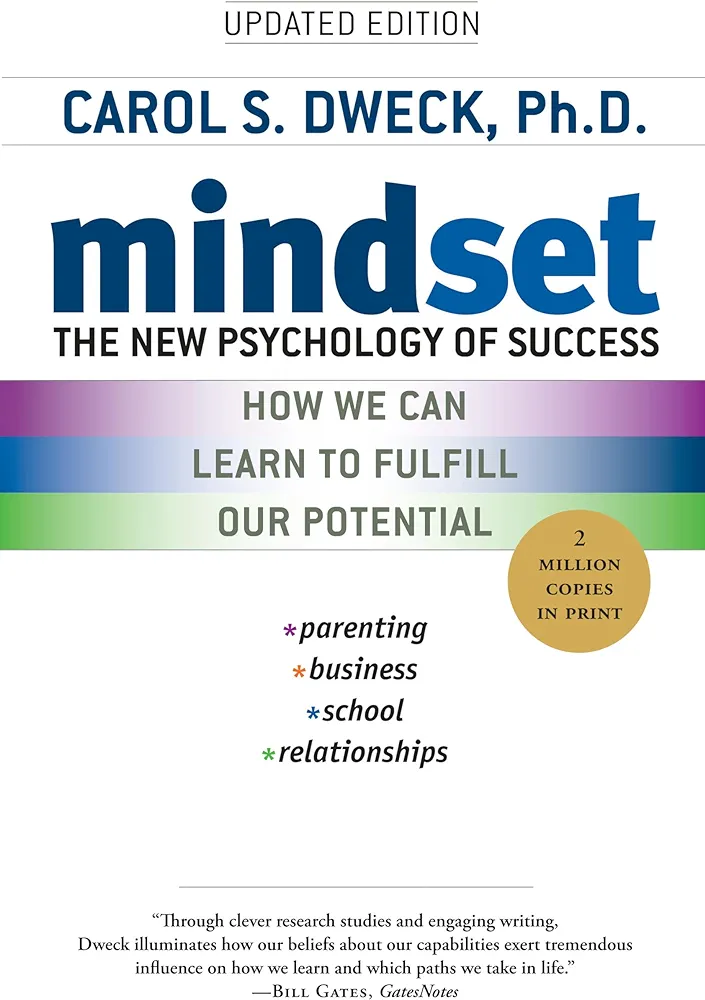
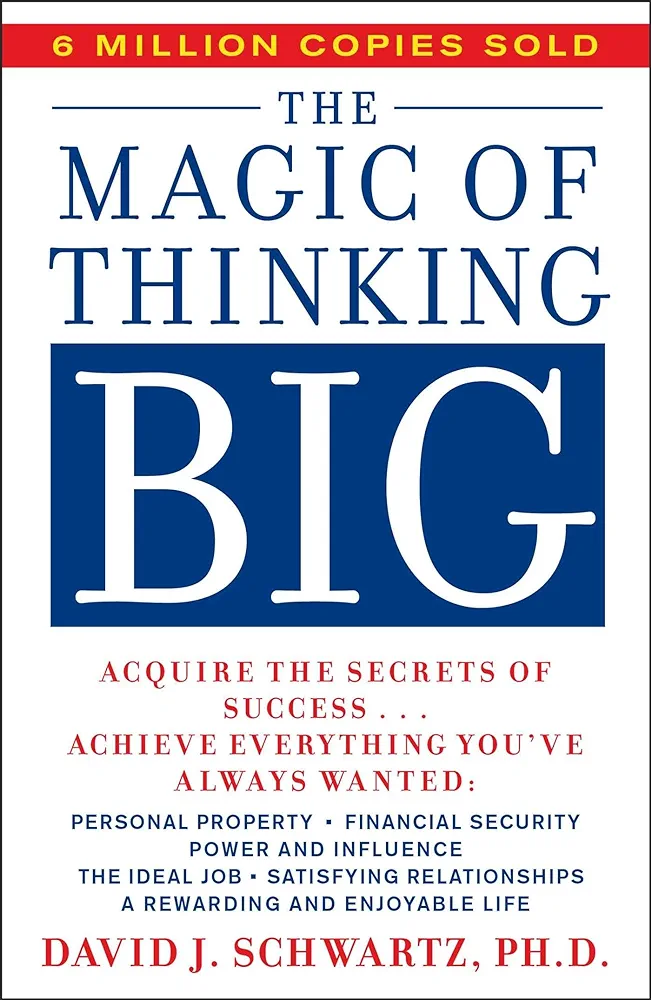
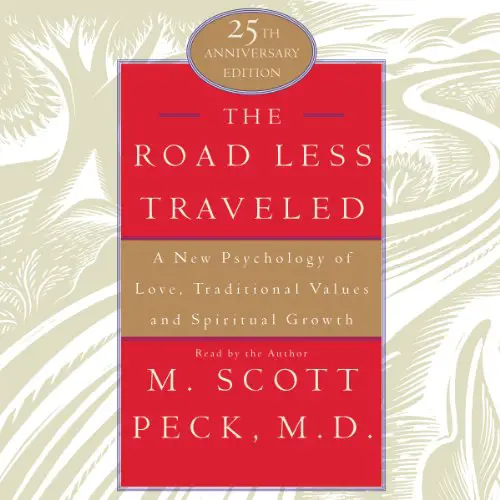
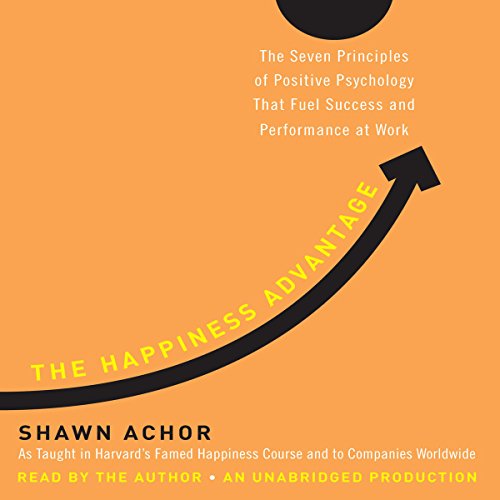
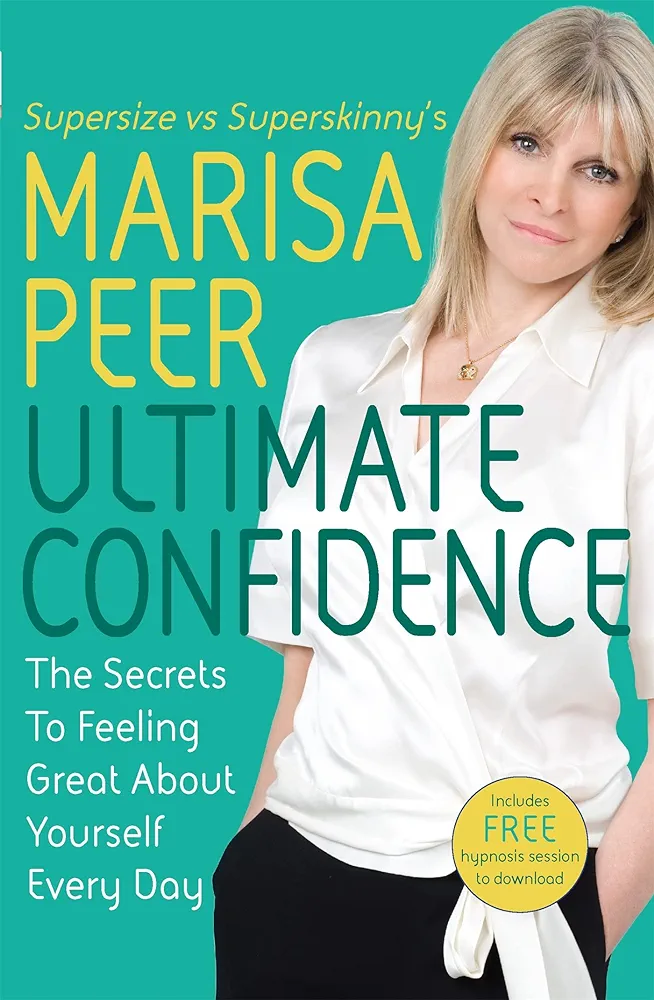
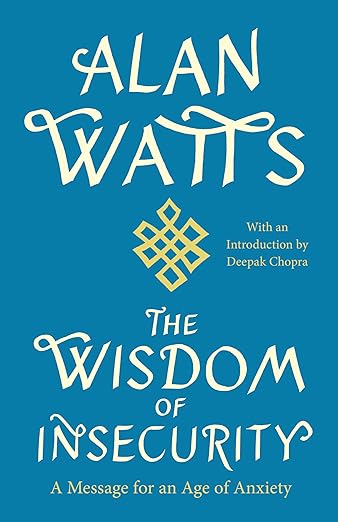
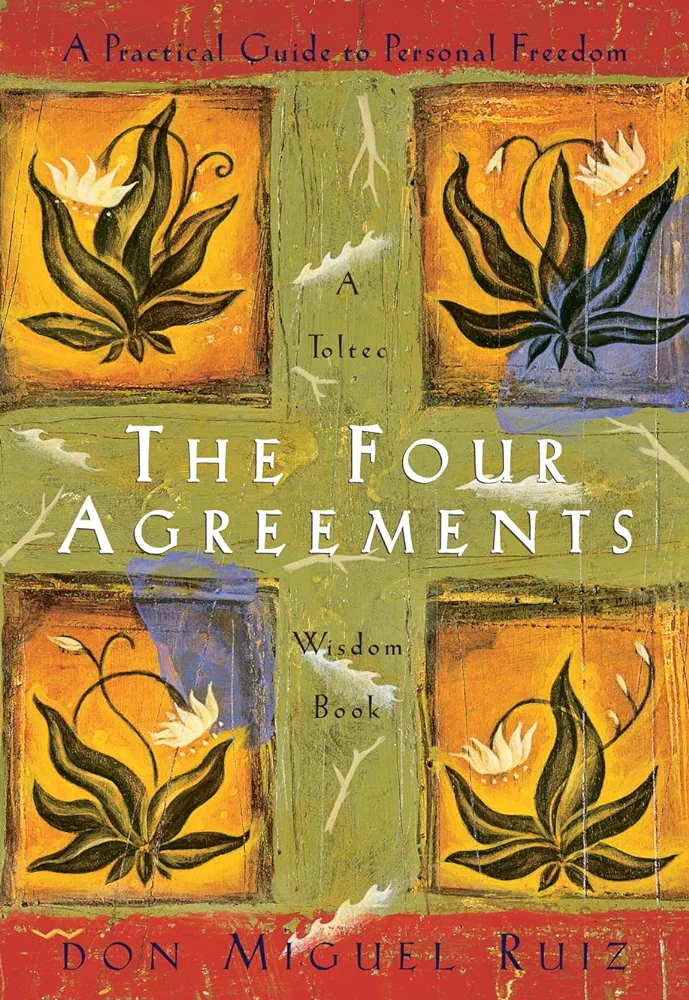
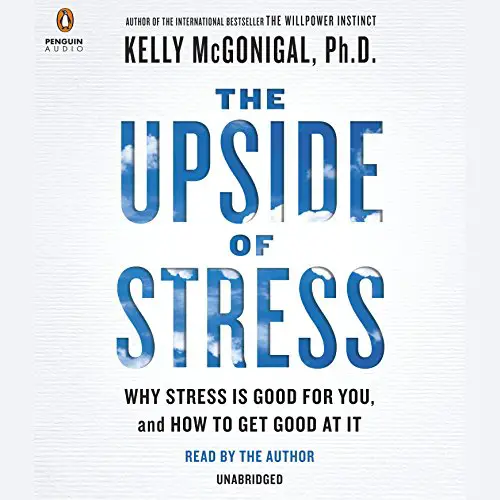
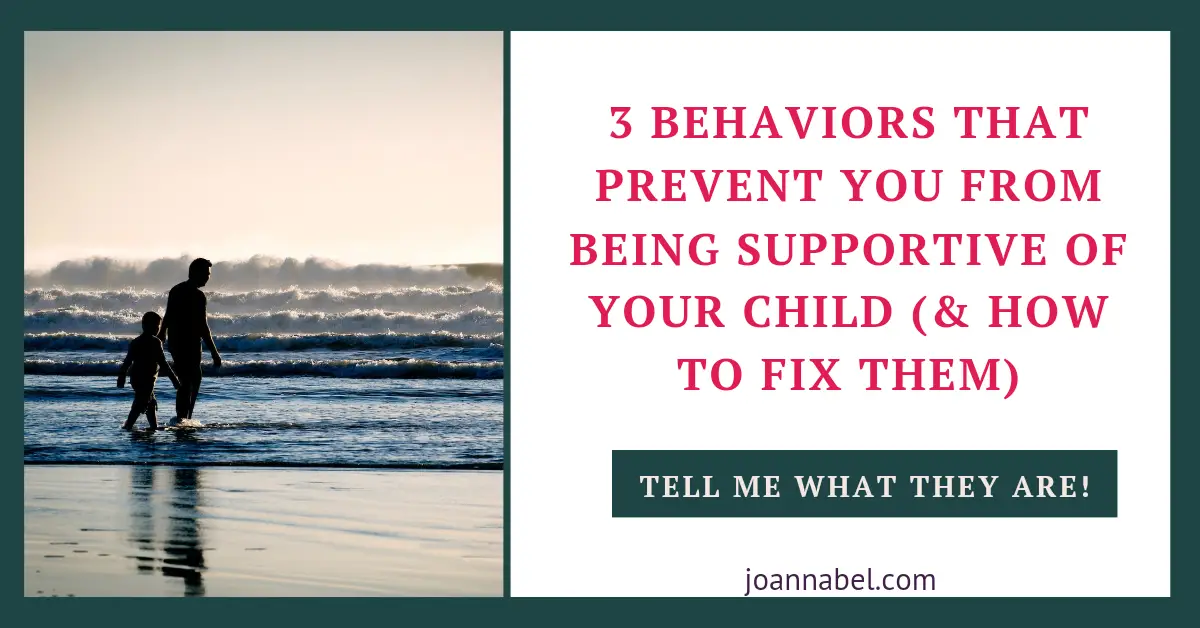
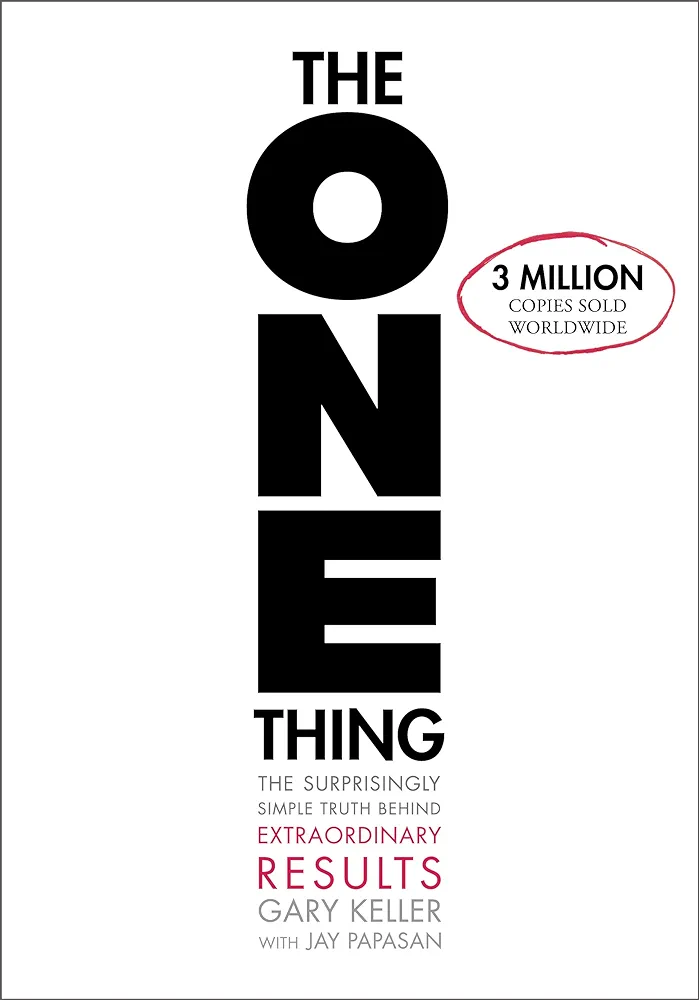
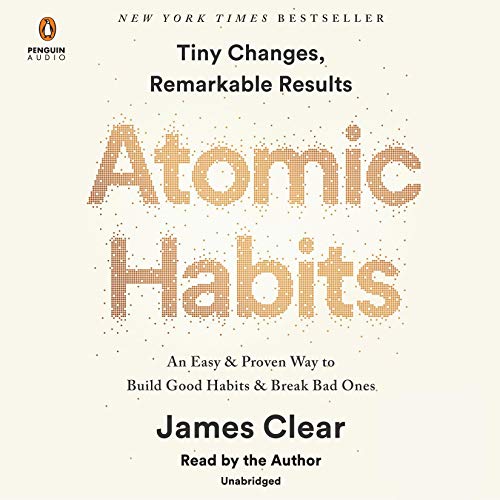






Leave a Reply